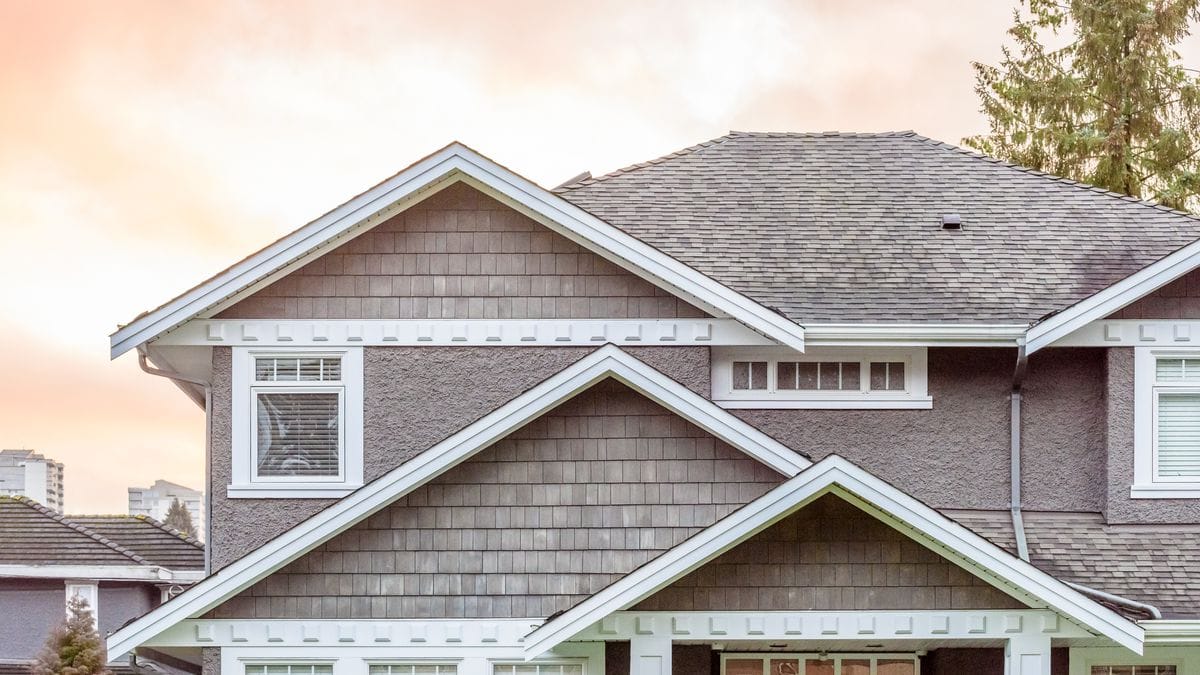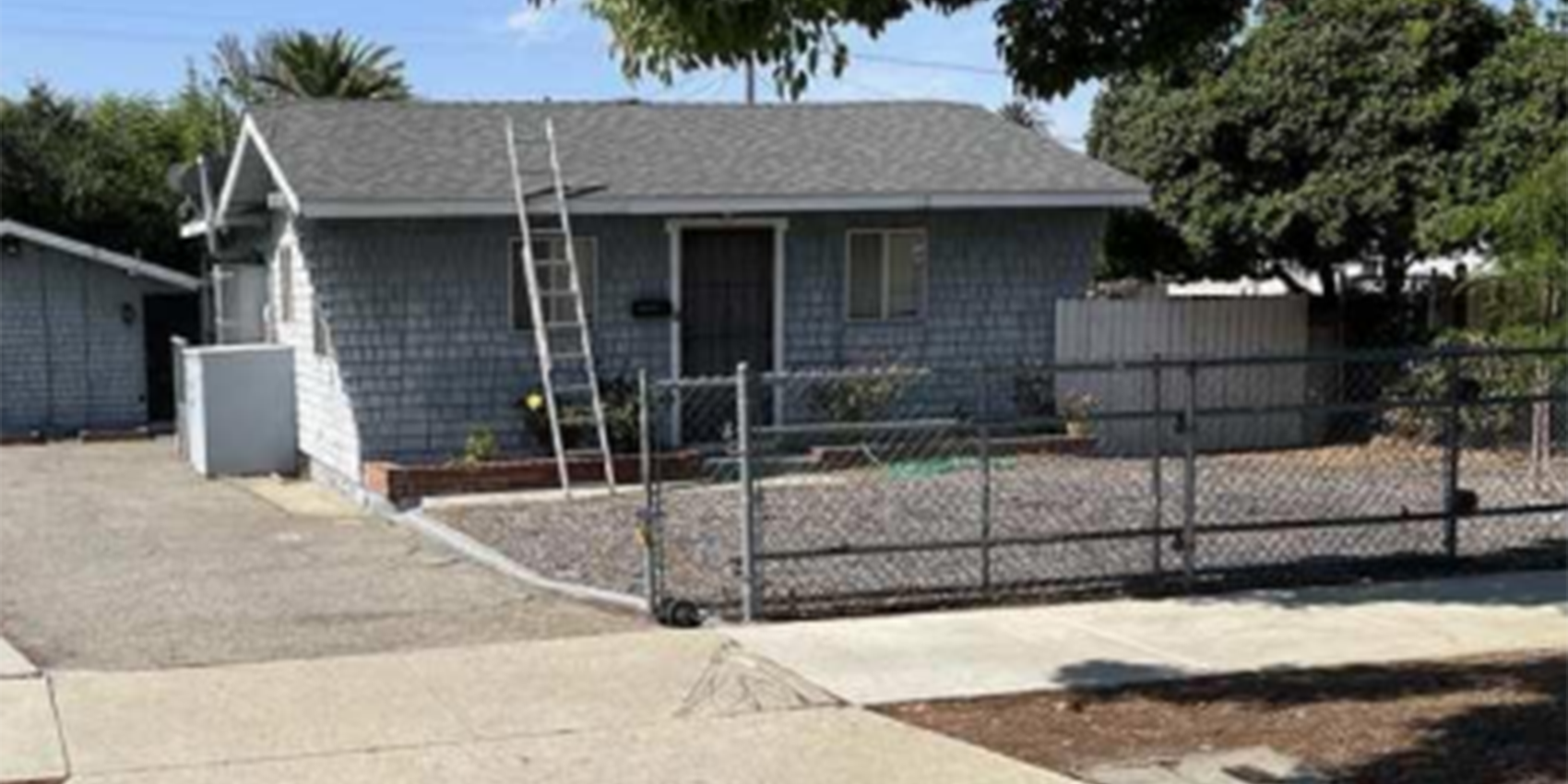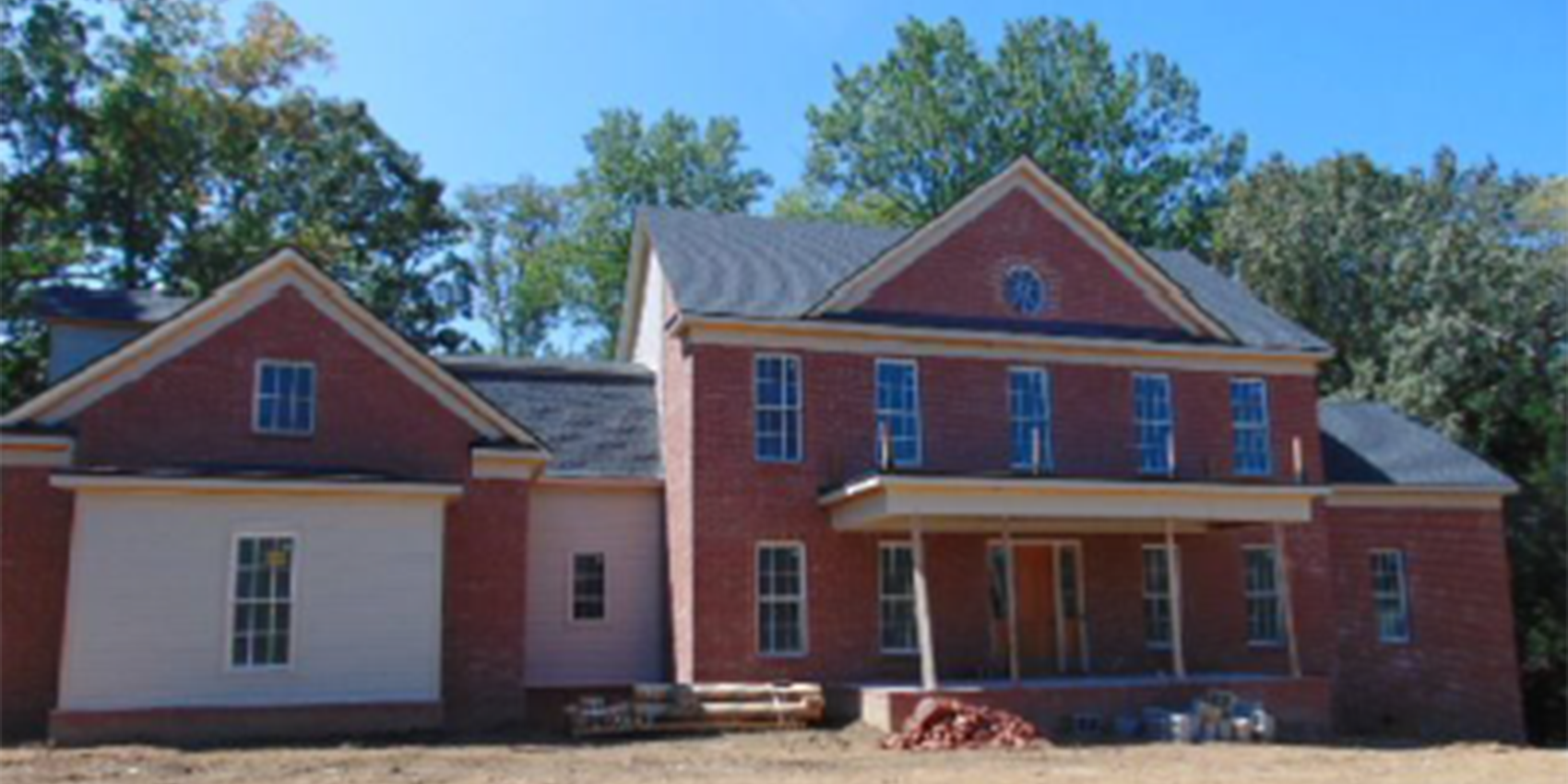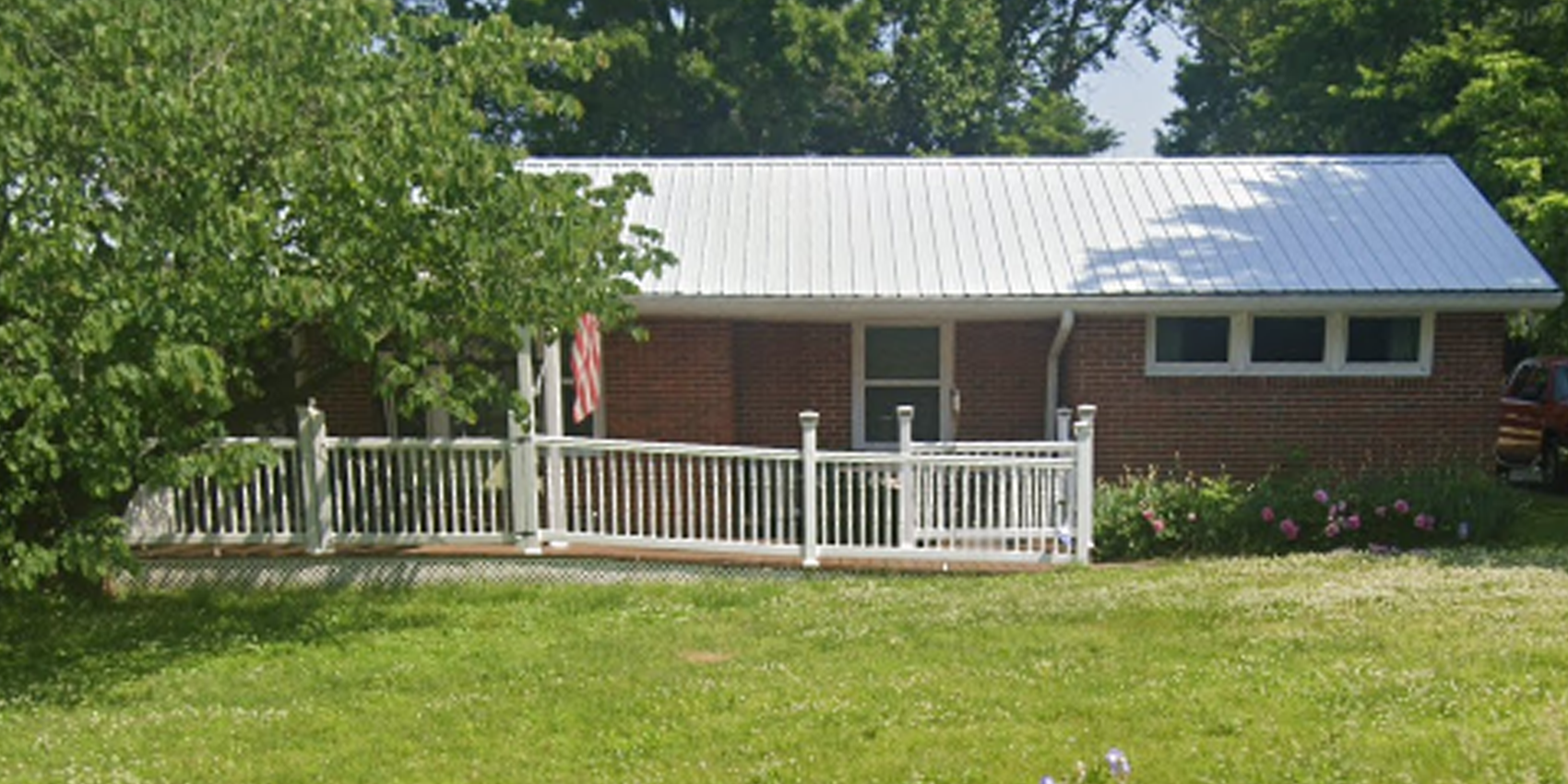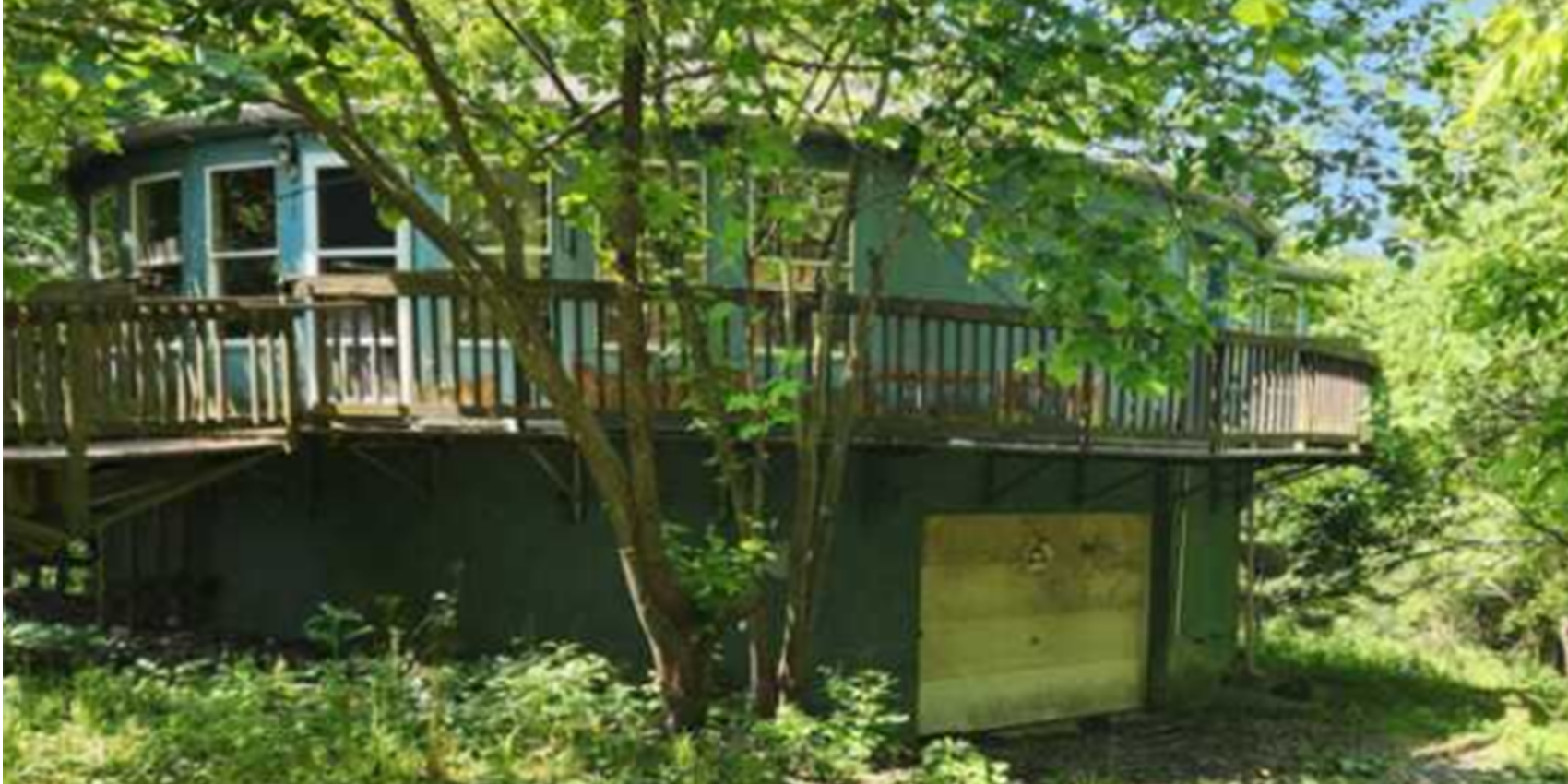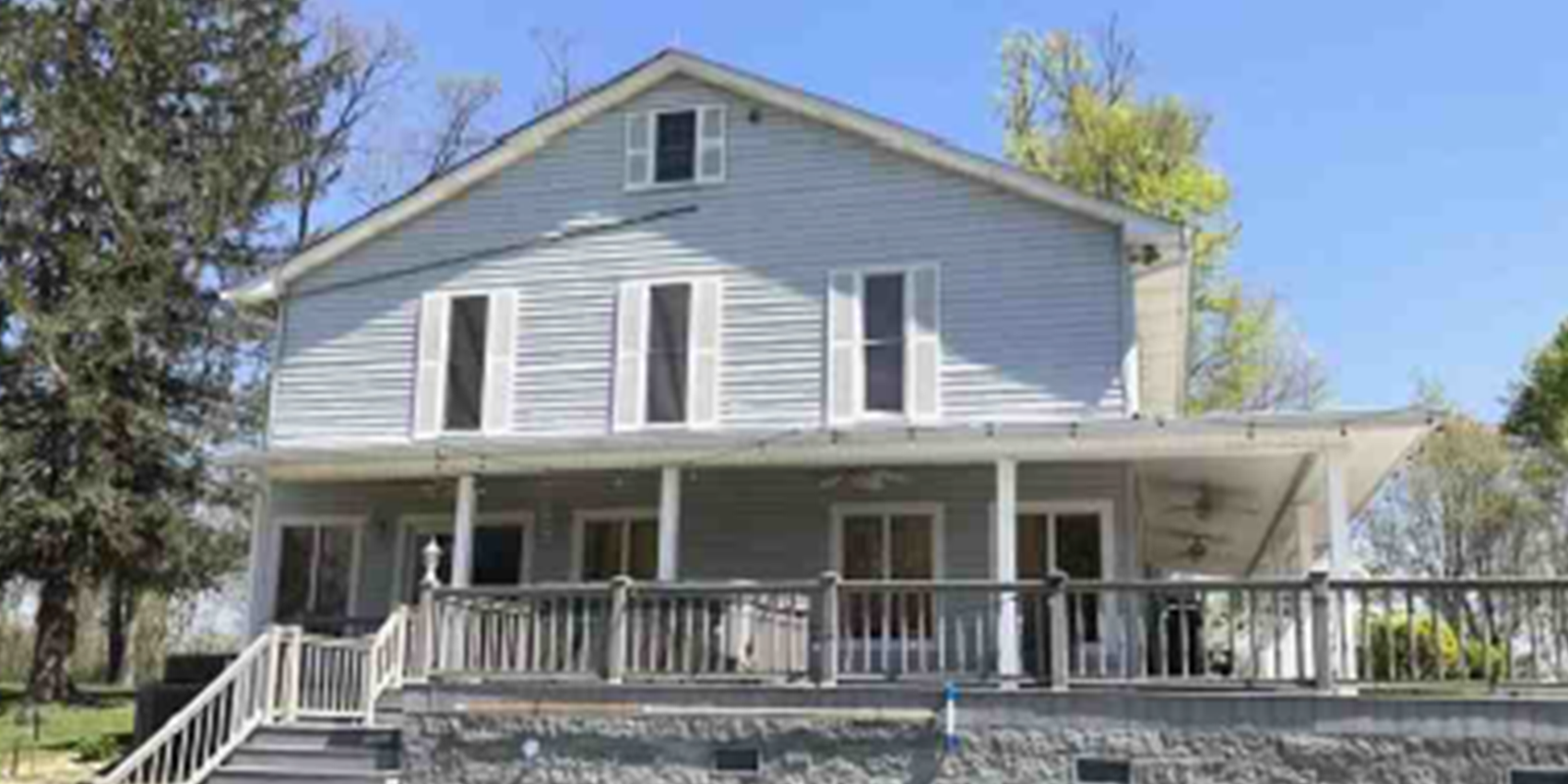If you think that we as a nation have been in this economic predicament before—we have and yet, we haven’t. Several variables point to an economic crisis such as we experienced in the 2008 recession, but it’s different this time. The differences between the 2008 recession and today’s pandemic are valuable to review, just as the similarities are also important to consider, especially if you are thinking seriously about your investments.
To help you remember, the 2008 recession happened when houses with overinflated prices were being purchased with poorly constructed loans being pushed on borrowers who should never have been approved for their loans in the first place. The banks then bundled the mortgages into securities and sold them to financial institutions. When the bubble burst, house prices plummeted. Homeowners stopped making their mortgage payments and lost their homes back to the banks who couldn’t do anything with them. This led to widespread layoffs in the real estate industry, constructing and banking and drastically chopped consumer spending. That led to more jobs being lost and the banking industry inescapably ground to a virtual halt.

The problems had been brewing in the housing market for years with questionable mortgage products, dubious practices, greed and a general lack of concern. Sub-prime loans evaporated; household debt was at 134% of GDP. It was that failure in the housing industry that brought on the recession, because once the housing market stumbled, the stock market followed. The bad decisions made back then were shored up, in part, by the Dodd-Frank act of 2010 which required banks to beef up their cash reserves in order to weather the storm of any future economic shock.
The cause of the current economic tumult is completely different. It’s more of a natural disaster than something brought on by an overheated housing market. “Capital requirements have put banks in a much more comfortable position to be able to withstand a major shock,” said Yung-Yu Ma, chief investment strategist at BMO Wealth Management. And Jamie Dimon, CEO of JPMorgan Chase recently said that yes, our economy is headed for a bad recession and some kind of financial distress similar to 2008, but he believes that we will come out stronger after this situation passes.
A contrasting opinion to that of Dimon’s was recently reported in USA Today where Guy Faucher, Chief Economist at PNC Financial Services remarked, “A recession is not inevitable.” He believes that if we do hit a recession, it will not be nearly as devastating as 2008 and is likely to be brief instead of taking 18 months from which to recover.
Washington state and California real estate associations have reported large decreases in buyer interest and listings being removed from the market. Half of California real estate agents expect a negative impact on home sales and half expect homes to be on the market longer. Many are saying that the sector hardest hit will be those mortgage holders who are small-time landlords, those who have between one and ten properties.

Think about AirBnB. There are “super hosts” who used cheap financing to purchase several properties—maybe 10 or more—and are nervously watching to see what will happen when their properties sit
empty for very much longer due to travel and tourism suffering devastating shut-downs. Especially since many of them used other properties to leverage the loans they took out to buy more properties.
Analysts predict that somewhere near 30% of mortgage holders will default on their loans. That’s higher than the default rate of 28% in 2008. An online rental platform for landlords, Avail, estimates that about 8 million small time landlords (1-10 properties) account for half of the nation’s rentals. Data shows that about half of their renters have lost their jobs. Of those who are jobless, half say they will likely stop paying their rent. Add that to the unemployment predictions that say we will likely see joblessness rival that of the Great Depression or become even greater, and you have a perfect situation for investing in real estate. What? A perfect situation you say? How can that be?
Because there are going to be a lot of people who want to unload their mortgages.
Three major financial institutions, Goldman Sachs, JP Morgan, and Morgan Stanley predict that during this economic crisis, we will hit a low somewhere during the second quarter. People are going to bail on paying mortgages, joblessness will rise and the bond market will stall. However, that will be followed by a steep and rapid recovery in the third quarter to the point of surpassing where we stood even as recently as January this year. Some think the recovery will happen in the fourth quarter. But, still, that’s a lot less time than the 18 months it took to recover from the 2008 recession. You will want to be perfectly situated to take advantage of this phenomenon.

Sixty-six percent of business owners surveyed by Price Waterhouse believe their companies will return to normal operations within one month after the pandemic is over. Ninety percent believe they will return to normal within 90 to 120 days. Most will rehire their employees and reopen. After this forced reset, many feel the economy will rebound in a big way and property prices will appreciate even faster than before.
According to the Motley Fool, China is the largest foreign investor in US real estate and commands $13.4 billion of the foreign market share. Online platforms for real estate investors have seen an increase of 450% in traffic from Asian countries. They’re moving to take advantage of this current situation and you should, too.
Housing is not necessarily overpriced, especially not like it was in 2008. Mortgage rates are at historical lows and the stock market is crazy unpredictable right now. It seems that investing in housing could be a solution for investors right now. After all, people will continue to need places to live.
